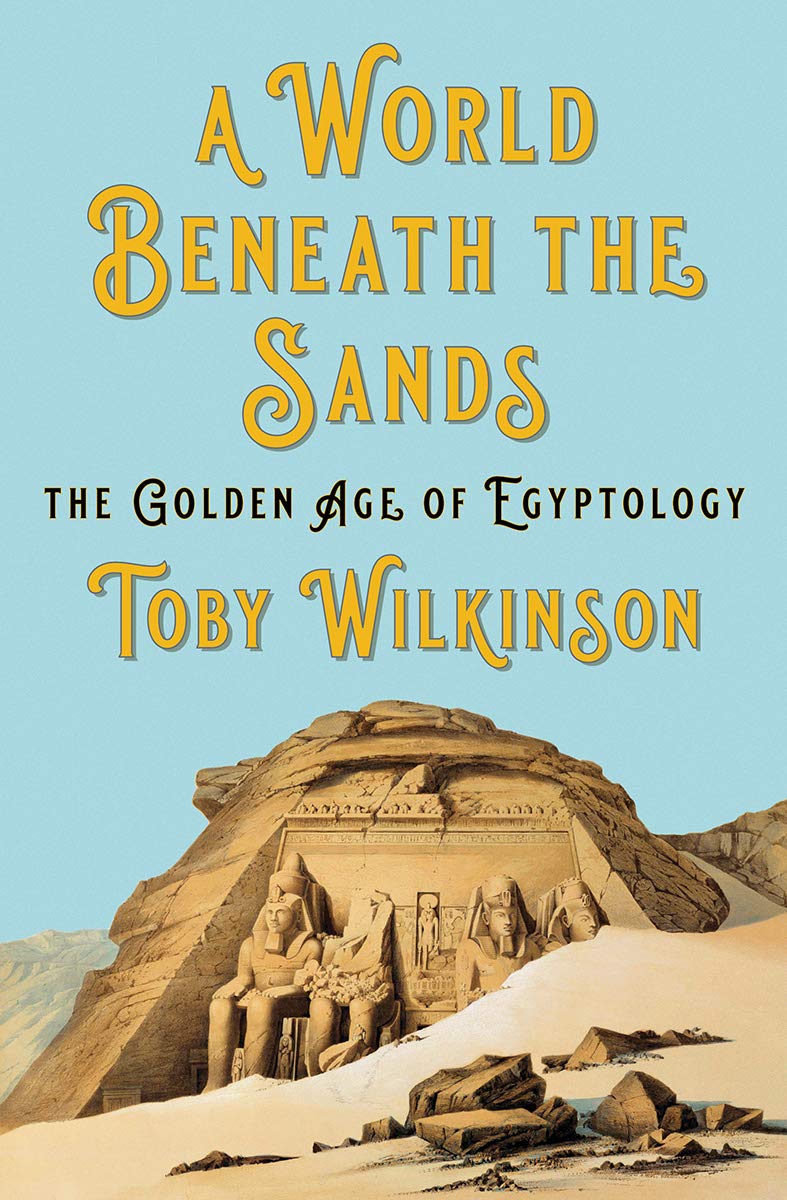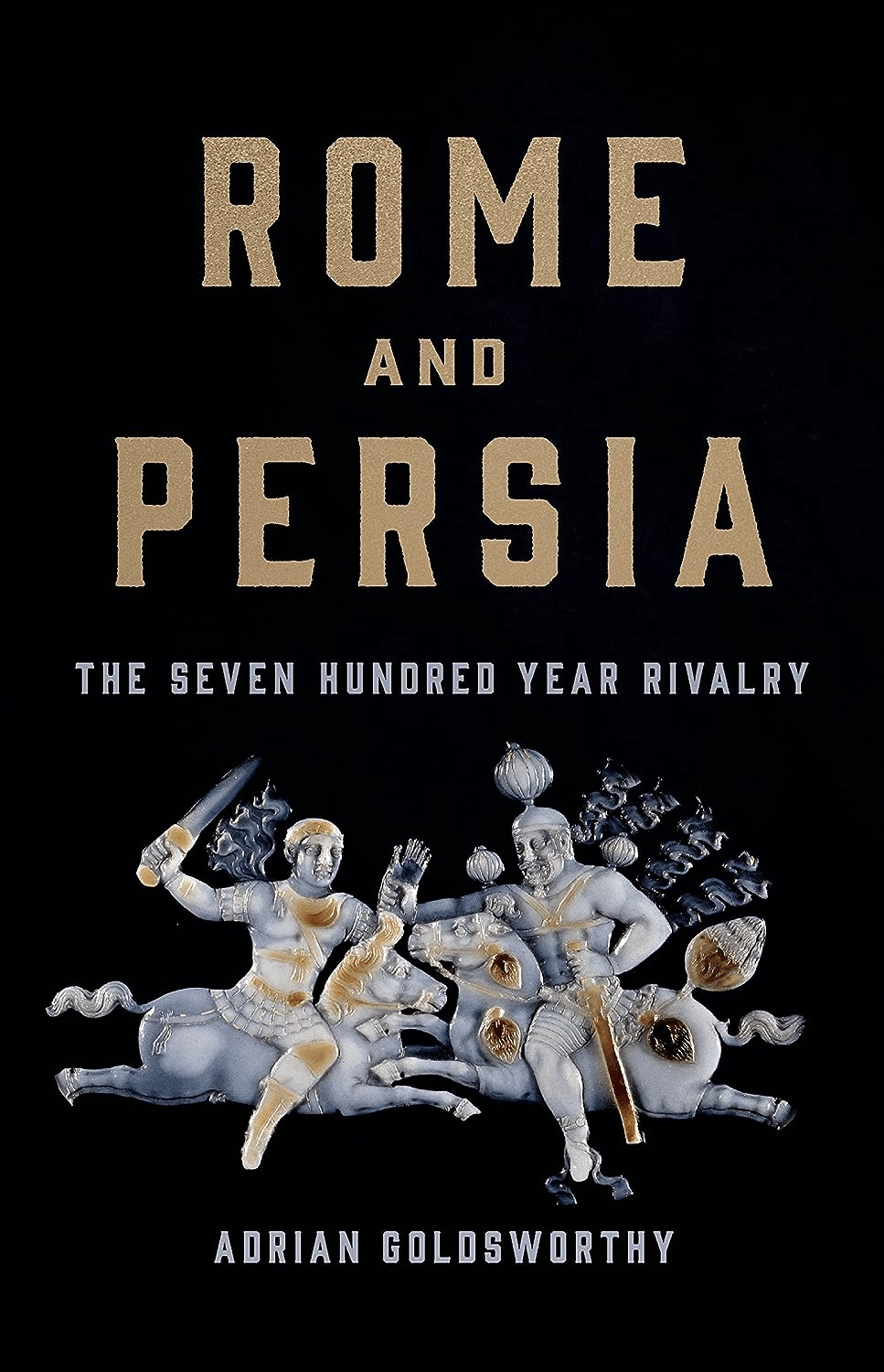
A World Beneath the Sands: The Golden Age of Egyptology
Tom Verde
Toby Wilkinson
2020, W. W. Norton, 9781324006893, $30 hb
Not until the 19th century did scholars in the West dub “Egyptology” an academic science. This history of the field’s evolution examines its leading international players, culminating in the early-20th-century excavations of English archeologist Howard Carter, discoverer of the tomb of Tutankhamun. Many were in it for the money, such as early-19th-century British consul Henry Salt, who pocketed thousands of pounds selling off antiquities to the British Museum; others, like France’s Jean-François Champollion, who in 1822 cracked the code of hieroglyphs, sought renown. Although US consul George Glidden advocated Egyptology as a genuine science in the 1850s, his characteristically colonialist scorn for the local populace puts a tarnish on the very idea of a “golden age” for Egyptology, since the same could be said of many of his predecessors, contemporaries and not a few of those who followed. Wilkinson offers an accessible read for those looking to gain an understanding of how Egyptology evolved from a hobby for the adventurous and (usually) wealthy to a scientifically informed discipline.
You may also be interested in...

A History of Mali’s National Drink Traces Green Tea—Book Review
By tracing ritual instead of commerce, anthropologist Ute Röschenthaler shows that the story of tea in West Africa involves multidirectional routes and local agency.
In War and Peace, Book Explores How Rome and Persia Remained Frenemies
Book Review: In his latest scholarly work, Roman historian Adrian Goldsworthy reduces Persian and Roman longevity to simply an ever-evolving coexistence.